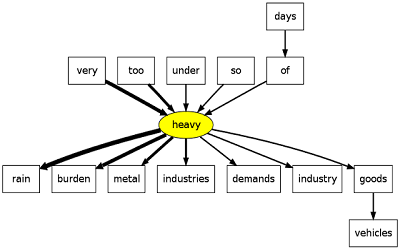这篇报道可以作为雅思写作工作满意度的举例论证,也可以作为雅思口语事件类的素材。文章中用了许多地道的小词,需要大家特别记忆。已在文章中用红笔或粗体,斜体标记出来,大家重点记忆。
There’s something rotten(腐烂) in Rio – and the smell is coming from the huge stacks(堆) of rubbish piled up(堆积起来,注意用过去分词修饰,被动关系) on sidewalks(人行道) all over the city. Rio’s street sweepers chose the carnival holiday(狂欢节) to demand better salaries(要求更高工资). Their wages start at roughly(大约,地道小词,适合口语) $400 a month.
There could hardly be a better time for(最好的时机) them to prove their importance. The streets were left a mess(变得一团糟 注意用被动) after hundreds of carnival parades(游行) and now, rubbish piles up in both poor and uptown neighborhoods(富人区)– and in tourist areas like Ipanema or Copacabana beach.
The president of Rio’s rubbish collecting company has even appealed to the population(向某人呼吁做某事) to store rubbish at home whenever possible. He says 30% of the city’s sweepers have gone on strike(罢工). Some of those who have been working have been threatened by the strike movement so now police has been deployed(部署) alongside rubbish collectors to keep them safe as they go about their business(go about 地道搭配).
The strike has divided opinions(意见分歧) in Rio. On social media, many support the sweepers’ demands for better salaries. Others say they are opportunists(机会主义者) and the situation is a big embarrassment to the city.
But Brazil’s culture of littering(乱扔垃圾) the streets doesn’t help. A video that went viral online(在网上疯传) shows that even authorities have a problem with that. Rio’s mayor, Eduardo Paes, is seen throwing what seemed to be(貌似是) the rest of an apple on the sidewalk – and now promised to impose himself a fine for his wrongdoing.(里约热内卢的市长都乱扔垃圾>_<||| ,积累作为写作素材) His government recently created a programme to keep Rio’s residents from littering the streets.
微博:@墨尔本文波雅思
微信:wenbo-tv





